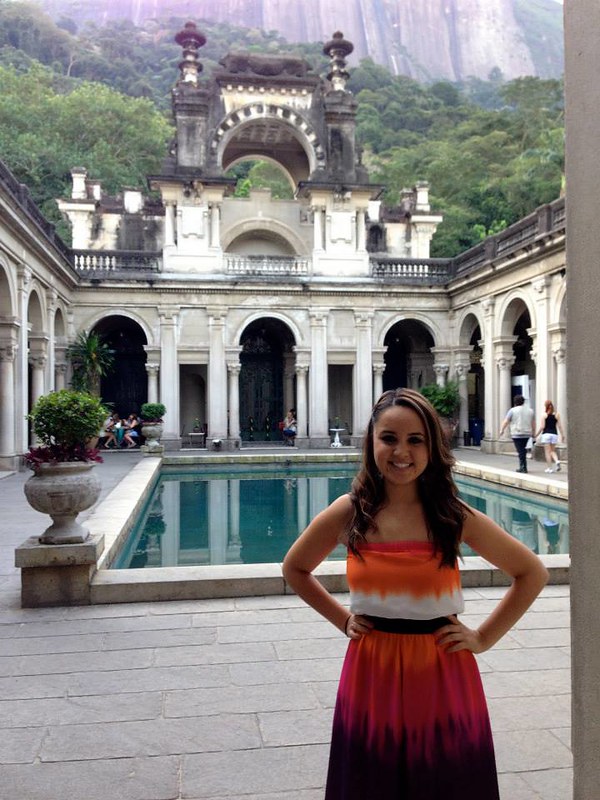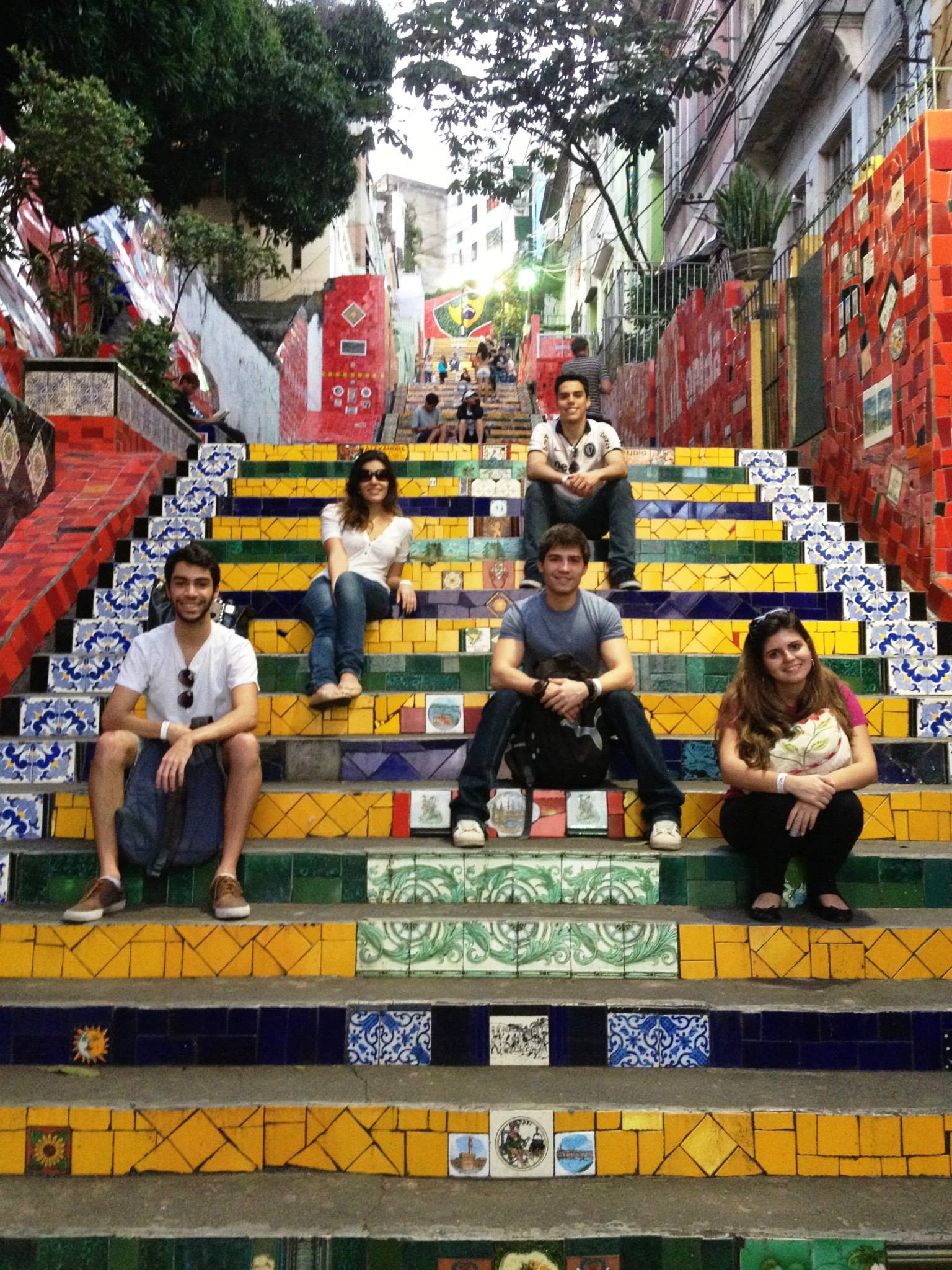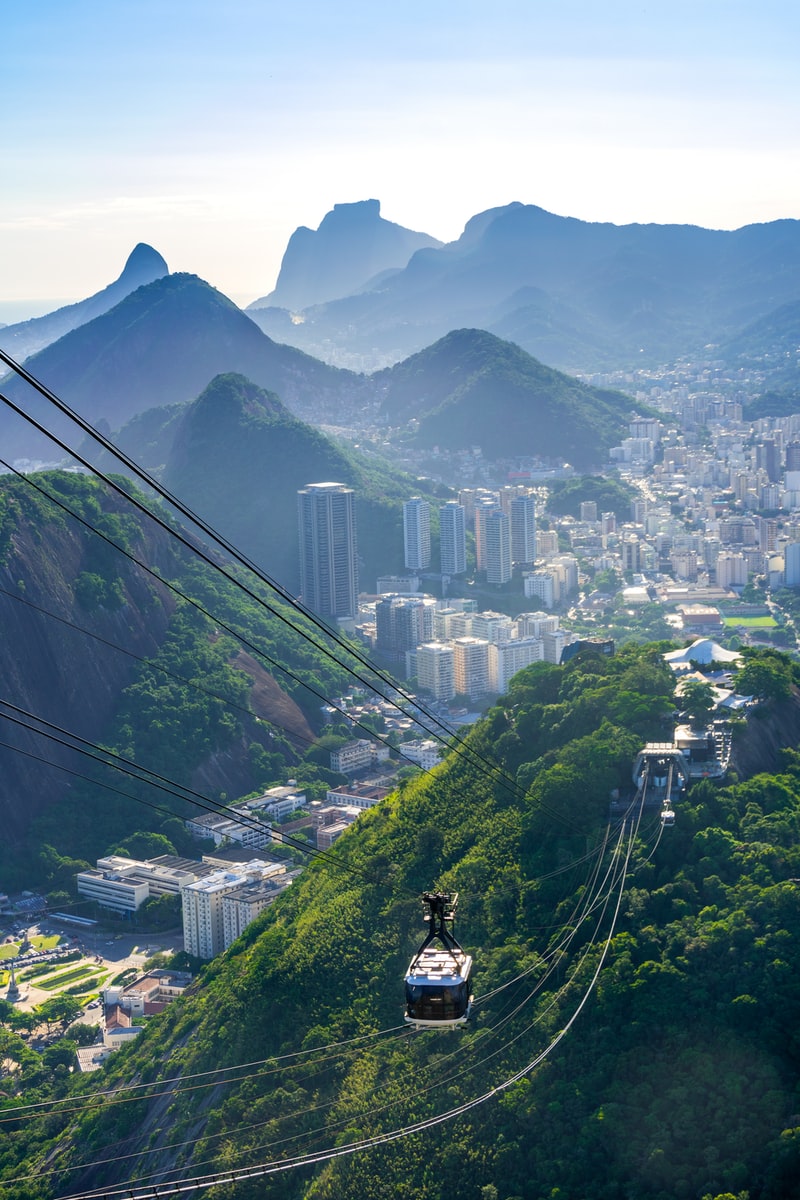Why Travel Abroad?
The essence of travel goes beyond the mere act of moving from one place to another; it’s about embracing the unknown, experiencing the richness of global diversity, and growing through the unique challenges and adventures that come along the way.
The experiences gained through travel extend into the professional realm as well, providing a competitive edge in the global marketplace. The ability to think creatively, adapt to various cultural contexts, and collaborate with individuals from diverse backgrounds is increasingly valued in today’s interconnected world.
Engaging with the world through travel is not just about the places you’ll go, but about the person you become along the journey and the lasting impact it has on your personal and professional life.

Skills you develop traveling:
Traveling can help you develop a range of valuable skills that can benefit you in both your personal and professional life. Here are just a few examples:
- Improved communication skills: Traveling exposes you to different cultures and ways of communicating, which can help you become more comfortable and effective in communicating with people from diverse backgrounds. For example, while working on a group project with international peers during a study abroad program, you might learn to navigate through different communication styles and cultural nuances to effectively convey your ideas and understand others.
- Greater adaptability and flexibility: Traveling requires you to adapt to new environments and situations, which can help you develop the ability to be flexible and adaptable. For example, while traveling in a new city, you might have to navigate unfamiliar public transportation or find your way to your hotel without a google map.
- Enhanced problem-solving skills: Traveling often involves unexpected challenges and setbacks, which can help you develop strong problem-solving skills. For example, while traveling in a foreign country, you might have to find a way to communicate with a shopkeeper who doesn’t speak your language or figure out how to pay for a train ticket when you don’t have the local currency.
- Increased independence: Traveling can help you become more independent and self-reliant as you navigate new environments and situations on your own. For example, while traveling in a foreign country, you might have to find your way around a new city, plan your own activities, and manage your own budget.
- Cultural competency: Traveling exposes you to different cultures and ways of life, which can help you become more culturally competent and understanding of diverse perspectives. For example, while participating in a cultural exchange program in Japan, you might learn about traditional Japanese customs and practices and have the opportunity to participate in them.
- Leadership skills: Traveling can provide you with opportunities to take on leadership roles and make decisions, which can help you develop leadership skills. For example, while traveling with a group of students on a service trip in Central America, you might have to plan and coordinate activities, manage budgets, and resolve conflicts.
- Time management skills: Traveling often involves juggling multiple tasks and deadlines, which can help you develop strong time management skills. For example, while studying abroad in Italy, you might have to balance coursework, social activities, and sightseeing while managing your budget and other responsibilities.
- Confidence: Traveling can help you build confidence as you navigate new environments and challenges on your own. For example, while participating in a study abroad program in Australia, you might have to make new friends, try new activities, and speak up in class, all of which can help boost your confidence.

-
Interpersonal skills: Traveling can provide you with numerous opportunities to interact with people from different cultures and backgrounds, which can help you develop strong interpersonal skills. For example, while participating in a homestay program in France, you might have to communicate with your host family and navigate social norms and expectations that are different from your own.
-
Global citizenship: Traveling can help you develop a greater understanding and appreciation of global issues and your role as a global citizen. For example, while participating in a service trip in Africa, you might learn about issues such as poverty, education, and healthcare and have the opportunity to contribute to local efforts to address these issues.
-
Resourcefulness: Traveling can help you become more resourceful as you figure out how to solve problems and meet your needs in unfamiliar environments. For example, while traveling in a foreign country, you might have to find creative ways to communicate with locals, find your way around a new city, or stretch your budget.
-
Adventure: Traveling can also help you develop a sense of adventure and a willingness to try new things. For example, while participating in an adventure travel program in South America, you might have the opportunity to try activities such as white water rafting, rock climbing, or zip lining.
To succeed in today’s globalized business environment, it’s essential to be able to think creatively and adapt to different cultural contexts. Studying abroad and living with international students can give you a competitive edge by helping you develop these skills and gain the perspective you need to innovate and thrive in the global marketplace.
On the benefits of learning from traveling:
As a teaching philosophy we believe that the experience of “learning through travel” cannot be matched. When you learn exclusively from a book, you create short term memories, derived solely of your reading and comprehending efforts. When your studying is coupled with the thrill of traveling abroad, it becomes “embedded” in you, together with all your memories of that time and that experience.
When you are traveling your mind is already in a permanent state of openness and alertness: you are experiencing new feelings, you are overcoming difficulties to be understood, you are seeing different sights, smelling different aromas, experiencing new foods, you are becoming a more rounded person every minute. If you couple this learning “through your senses experience” that happens naturally when you travel with formal, structured classes , the deepness of the learning experience is unparalleled. It becomes a part of you, instead of something that you read and will forget over time.
We believe that students’ minds are more open, more alert when they are traveling, and that what they learn during this interactive and sensory experience becomes a part of them and will not be forgotten. We believe that traditional study abroad programs only half-way prepare students for the real world challenges of mobility and adaptability that only a traveling- study abroad model can simulate.
For this reason, all of our courses will incorporate travel into the learning model, and all of our courses incorporate deep interaction with the real world into the classroom setting. As a twist on the popular saying, we believe that “all the world is a potential textbook, and students that don’t travel read just one page”. Our mission therefore is that all of our students will learn while interacting with people from different cultures.



MESSAGE FROM THE FOUNDER OF SUMMIT GLOBAL EDUCATION
Hi there! My name is Brian Butler, and I am the founder of Summit Global Education.
My curiosity and love for adventure have driven me to travel extensively to countries in Europe, North and South America, and Southeast Asia. Through my travels, I have come to believe that global experiences have the power to transform lives and broaden horizons. They expose us to new perspectives, cultures, and ways of life, and help us develop skills that are invaluable in our personal and professional lives.
I founded Summit Global Education to help other students have the same transformative experience. Our team of experienced advisors is dedicated to helping students find and participate in study abroad programs that align with their academic and personal goals.
We understand that studying abroad can be intimidating, which is why we offer support every step of the way, from choosing the right program to preparing for your journey and reintegrating upon your return.
Whether you're looking to enhance your resume, gain new cultural insights, or simply have an adventure, we're here to help make your study abroad dreams a reality.
Thank you for considering Summit Global Education! I hope we have the opportunity to work with you and help you make the most of your study abroad experience.
Brian Butler
brian @ SummitGlobalEducation . com
305-632-0227
